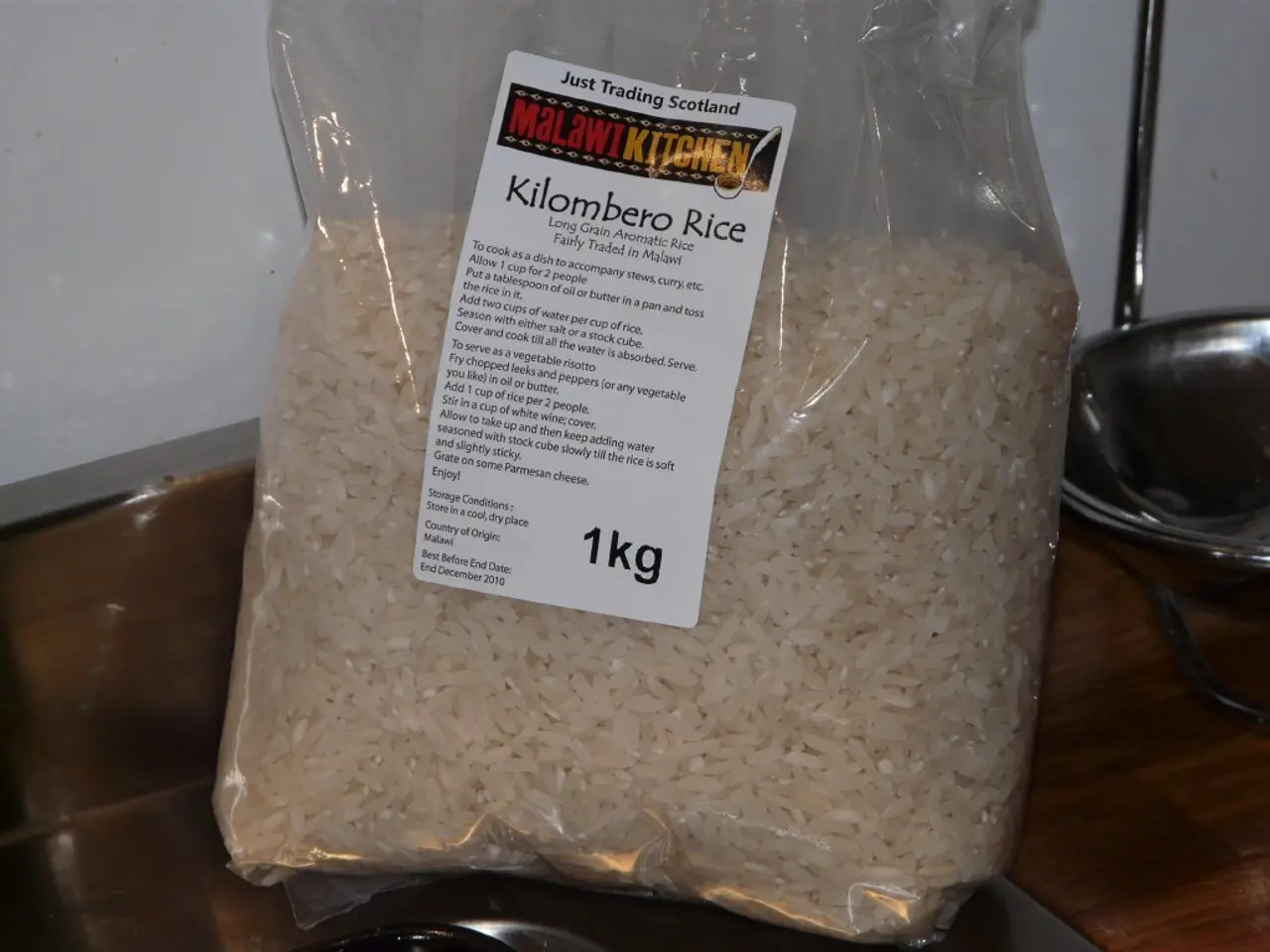Increase in U.S. Bulk Grain and Meat Purchases by Taiwan According to a Sourced Report on Tariffs
Taiwan is set to boost its imports of US soy, corn, and meat products, with a planned increase in purchases to $10 billion over the next four years. This move, according to experts and officials, will enhance Taiwan's food security, support its economy, and strengthen its trade relations with the US.
Last year, Taiwan imported $1.3 billion of US soy and corn out of an estimated $3 billion total bulk grain imports. The proposed increase responds to growing domestic demand and aims to reduce reliance on more volatile suppliers. Economically, sourcing from the US taps into a reliable, large-scale production base, which can enhance supply chain resilience and potentially afford negotiation leverage on pricing.
The diversification of Taiwan's agricultural imports bolsters food security by mitigating risks of supply disruption, price spikes, or trade restrictions. For instance, the US-China trade war has led to a significant drop in the value of US soy and corn, making it roughly on an equal footing with Brazil. This shift in sourcing could provide Taiwan with more competitive pricing and supply security.
The expanded US agricultural export engagement cements a stronger bilateral relationship, supporting US farmers while providing Taiwan with trusted quality products. It may also influence regional trade alignments, as Taiwan intensifies ties with the US amid geopolitical tensions.
Taiwanese officials and importers have proposed to increase purchases of US bulk grain and meat to $10 billion over the next four years, up from the $8 billion purchased over the past four years. The bulk grain trade talks, which would include the purchase of US meat for the first time, are expected to take place, although no specific date has been disclosed.
However, some concerns have been raised about the potential impact on Taiwan's domestic agricultural sector. Chen Ming-hsin, chairman of a business association for boxed meal operators, urged the government to protect food security and public health. Domestic farmers produce 99 percent of the food used in school meals, and allowing the US agricultural sector to flood Taiwanese markets could allow US producers to dictate terms and raise prices in the absence of domestic competition.
The Democratic Progressive Party government, which has been friendly to Taiwanese farmers and promoted the use of domestic farm products in school meals since 2016, is set to head the delegation for the bulk grain trade talks. Minister of Agriculture Chen Junne-jih will lead the delegation, instead of a deputy agriculture minister.
Despite these concerns, the increased reliance on feed imported from the US has already been observed in Taiwan's agricultural sector without being prompted. The policies instituted by the Democratic Progressive Party government have resulted in a higher retention rate for young Taiwanese workers in the agricultural sector, increased the total area of land under cultivation, and improved children's health.
In summary, Taiwan's increased US grain and meat imports will likely improve its food security by securing stable supplies, support its economy through commodity import diversification, and strengthen US-Taiwan trade relations amid a complex geopolitical landscape. However, it is crucial for the government to balance these benefits with the need to protect domestic agriculture and public health.
The diversification of Taiwan's agricultural imports, including sports feed, could potentially reduce the risks of supply disruption and price spikes, contributing to food security and public health. On the other hand, the influx of US agricultural products might create competition in the domestic market, affecting local farmers and influencing pricing.






